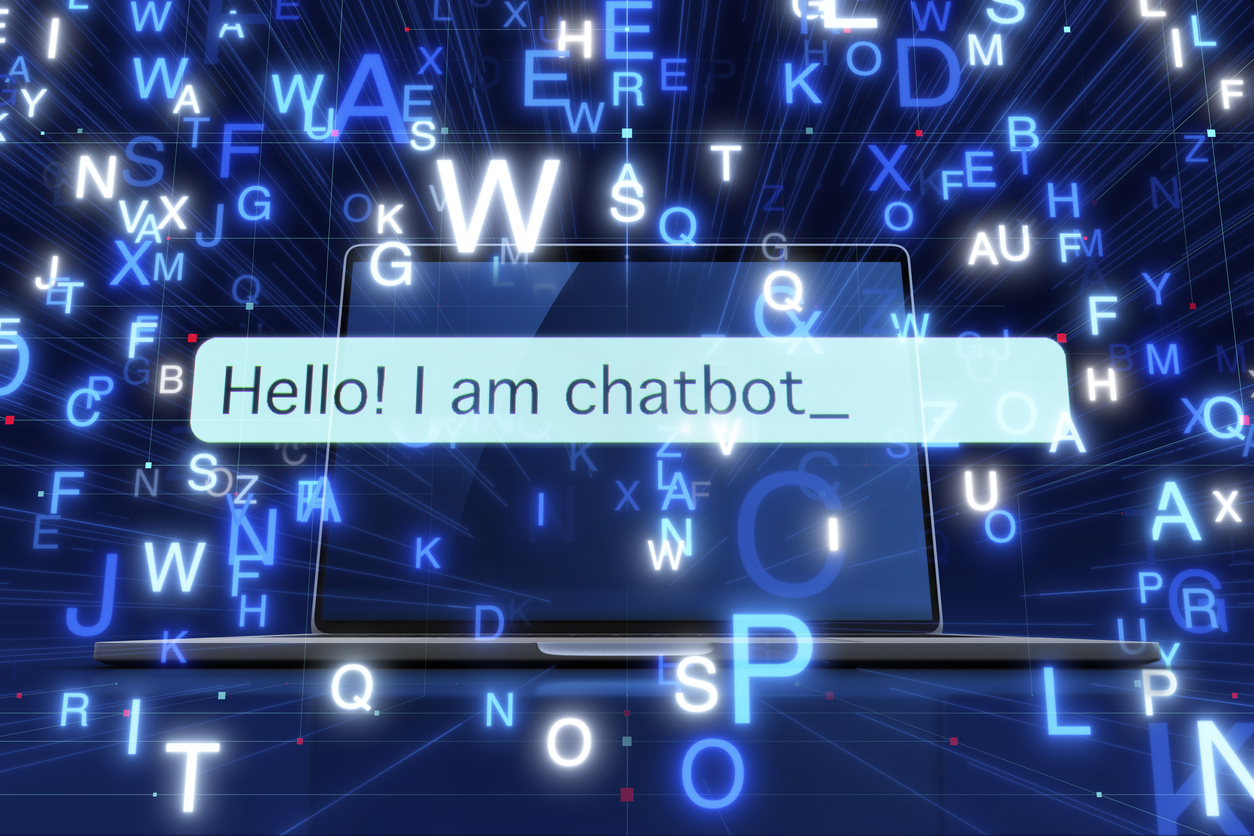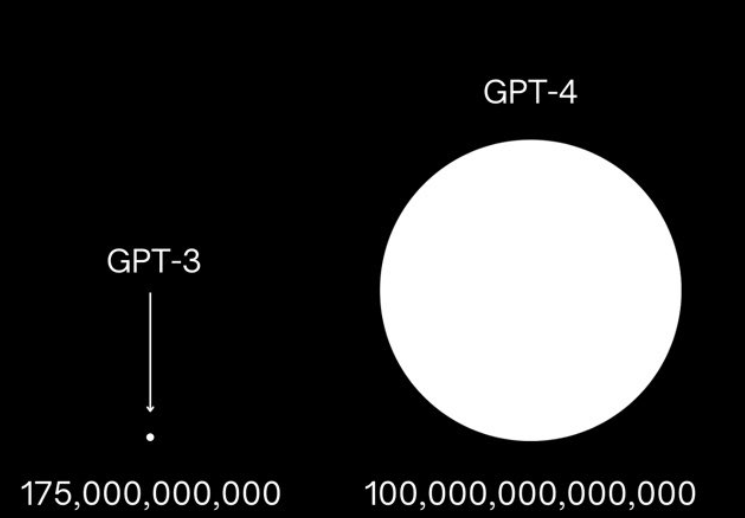ChatGPT – Invaluable Tool or Disruptive Menace?

OpenAI, a San Francisco-based company, launched ChatGPT in late 2022, a formidable language model powered by artificial intelligence. ChatGPT is capable of understanding and responding to human-like language. OpenAI created this model using a machine-learning algorithm, GPT-3, and trained it on a vast database of information. OpenAI intends to enhance the GPT-3 algorithm by exposing it to more information over time. This article only focuses on ChatGPT and not its successor, GPT-4, which OpenAI is currently releasing.
CHATGPT AND THE LAW
ChatGPT is already proving itself a valuable tool for lawyers. Research is a clear use-case. Among other abilities, ChatGPT can provide a high-level overview of the law, conduct a rough fact-pattern analysis, complete calculations frequently conducted in practice (e.g. calculating pre-judgment interest, calculating the present value of future benefits/payments), edit documents and turn rough notes into coherent memos.
LIMITATIONS
The current version of ChatGPT is helpful, but certainly not a panacea. Regarding research, OpenAI only trained ChatGPT on data up to 2021, and ChatGPT cannot browse the internet. Therefore, ChatGPT is unaware of current law and cannot provide citations to support its understanding of the law. Successive generations of ChatGPT will become more effective as they learn more law and have the ability to provide citations.
While ChatGPT is an impressive language model, it currently lacks the ability to perform some of the more complex and demanding legal tasks. For instance, ChatGPT struggles to generate grounds for appeal based on a lower court decision. If you input a lower court decision into ChatGPT and request it to draft an appeal factum, it will merely provide a broad response regarding standards of review and will likely fail to identify the actual errors made by the court or tribunal.
Moreover, ChatGPT is not yet proficient in competently reviewing an entire litigation file and providing opinions or drafting submissions/questions. For example, users cannot presently upload a litigation file and request ChatGPT to “assume you are the plaintiff and draft a cross-examination of Dr. Smith.”
Nonetheless, future iterations of ChatGPT may allow users to upload complete litigation files and receive a legal analysis that refers to specific evidence. Imagine an AI algorithm generating a memo addressing the following prompt on a personal injury file: “Does the evidence support a causal connection between the plaintiff’s right shoulder impairment and the subject motor vehicle accident? In chronological order, list all the evidence that supports a causal connection between the shoulder impairment and the subject motor vehicle accident. Also, list all the evidence that suggests the right shoulder impairment is pre-existing.”
ETHICAL CONSIDERATIONS
Two immediate ethical considerations are: (1) accuracy; and, (2) confidentiality.
Regarding accuracy, the current version of ChatGPT makes errors and misses important issues. Occasionally, it makes up case law and provides citations that do not actually exist. In its current form, lawyers cannot rely on ChatGPT’s research at all because the source of its information is not clear and it does not provide citations. If OpenAI develops a version of ChatGPT that can scan current case law, and provide supporting citations, its effectiveness for research will increase dramatically.
The second issue is confidentiality. The extent to which OpenAI stores user information is currently in flux. Lawyers ought to consider whether they need to eliminate identifying and privileged information from prompts, and whether it makes sense to have clients sign AI software specific authorizations.
Governments have privacy concerns related to ChatGPT. Italy temporarily banned ChatGPT over privacy fears. On April 4, 2023, the Federal Privacy Commissioner of Canada launched an investigation into ChatGPT.
THE FUTURE
ChatGPT is a powerful tool that will only become stronger. OpenAI is in the process of training GPT-4 on orders of magnitude more data than ChatGPT. Its capabilities will go beyond merely understanding and responding to language. It will also have the ability to interact with photos and videos. See the following illustration showing the relative quantity of GPT-4’s training data:

Data released in March 2023 suggests GPT-4 can beat 90% of humans who take the bar exam, and score in the 88th percentile on the LSAT.
CONCLUSION
AI advances fast, shifting from sci-fi to reality. In a short time, it has made strides both worrisome and impressive, now at a turning point. It cannot yet oust lawyers, but it is conquering knowledge and creative domains, once deemed impenetrable (see AI generated song “Heart on My Sleeve”). While AI may not supplant you, a lawyer using AI certainly may.
